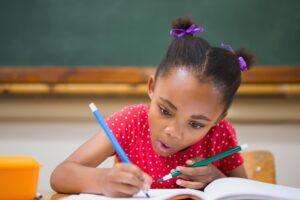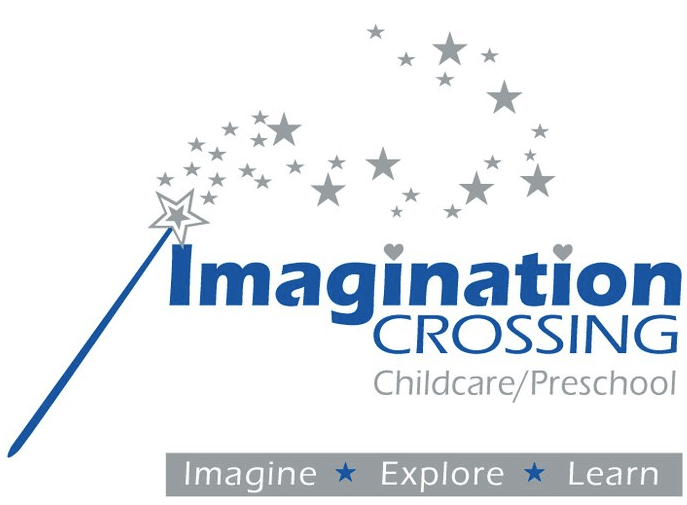The transition to kindergarten is a monumental step in a child’s life, marking the beginning of their formal education journey. While it’s an exciting milestone, the change can also be accompanied by apprehension for both parents and children. However, with thoughtful preparation, parents can help ease this transition and set the stage for a positive kindergarten experience.
In this blog post, we’ll explore practical tips to help your child prepare for the exciting adventure of kindergarten.
Smooth Transitions: Preparing Your Child for Kindergarten Success
Establish a School Routine
As kindergarten typically follows a more structured schedule than preschool, it’s beneficial to establish a routine that mirrors the school day. Set regular wake-up and bedtime routines, and practice activities such as getting dressed, packing a backpack, and having breakfast to acclimate your child to the expected routine.
Promote Independence
Encourage your child to develop essential self-help skills. Teach them how to button their shirts, zip up their jackets, and use the restroom independently. These small tasks foster a sense of independence, helping your child feel more capable and confident as they enter kindergarten.
Encourage Early Literacy
Reading with your child is one of the most effective ways to foster a love for learning. Choose age-appropriate books and make reading a daily ritual. Discuss the stories, ask questions, and explore the world of words together. This practice not only enhances their literacy skills but also creates positive associations with learning.
Develop Fine Motor Skills
Kindergarten often involves activities that require fine motor skills, such as holding a pencil and cutting with scissors. Engage your child in activities that develop these skills, such as coloring, drawing, and playing with building blocks. These activities not only prepare them for academic tasks but also enhance overall coordination.
Socialize with Peers
Kindergarten is not just about academics; it’s also a social environment where children learn to interact with their peers. Organize playdates with other children, enroll your child in group activities, and encourage sharing and cooperation. These experiences will help your child feel more comfortable and confident in social settings.

Familiarize your child with their future learning environment by visiting the kindergarten classroom before the school year begins. If possible, meet the teacher and explore the surroundings together. This helps reduce the anxiety associated with entering an unfamiliar space on the first day of school.
Talk About Kindergarten Positively
Create positive associations with kindergarten by talking about it optimistically. Highlight the fun activities, new friends, and exciting learning opportunities that await. Share positive stories from your own school experiences, fostering an attitude of enthusiasm and curiosity.
Practice Listening and Following Directions
Kindergarten often involves listening to instructions and following directions. Practice these skills at home by giving your child simple instructions and gradually increasing the complexity. This helps them develop the attention and focus needed for successful participation in classroom activities.
Preparing your child for kindergarten is a collaborative effort between parents and educators. By incorporating these practical tips into your daily routine, you can help your child embark on their kindergarten journey with confidence and enthusiasm. Remember that each child is unique, so tailor these strategies to suit your child’s individual needs, and celebrate this exciting transition together. Here’s to a successful start to your child’s educational adventure!
